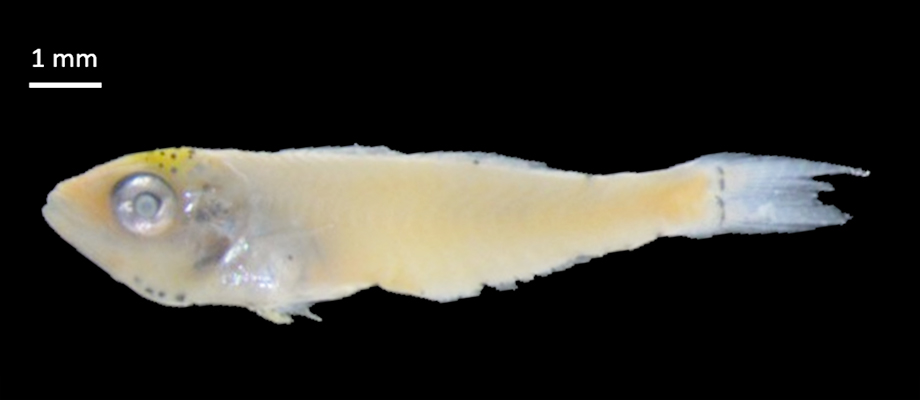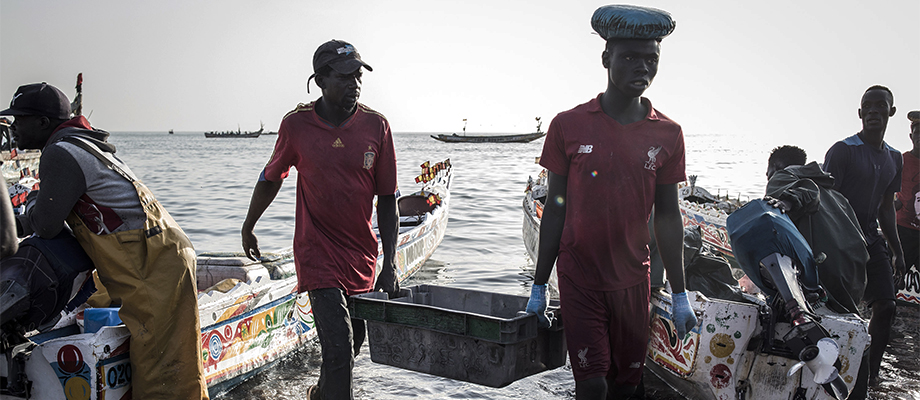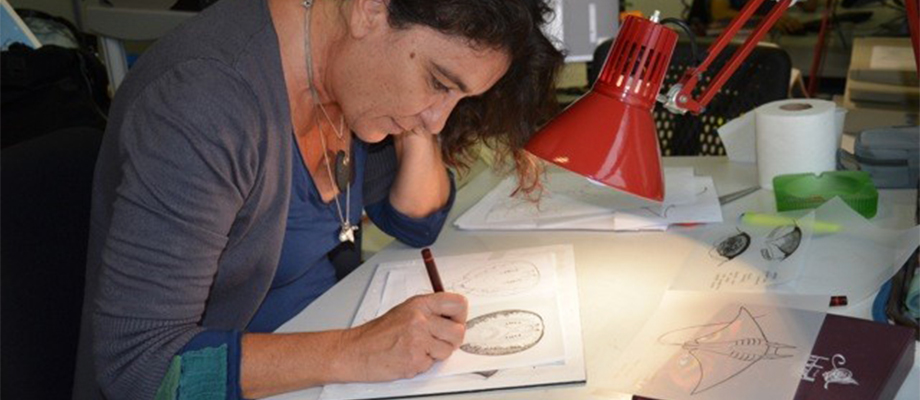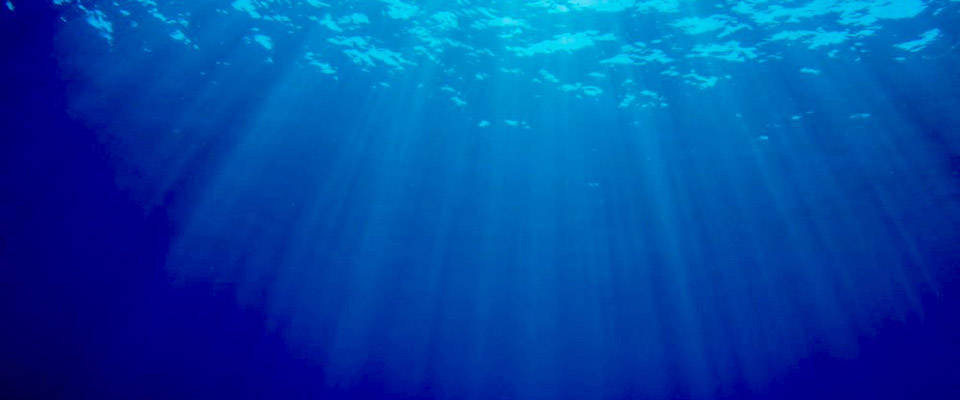02 April 2021

Ichthyoplankton is a term used in science to describe the early life history stages (eggs and larvae) of marine fish. It is found in the upper part of the water column, in depths less than 200 metres. Ichthyoplankton studies provide a valuable source of information on spawning and nursery areas...
01 April 2021

From January until March this year, a set of regional online workshops on the use of EAF-Implementation Monitoring Tool (IMT) was organised by FAO for the partner countries of the EAF-Nansen Programme. The first session took place from 18 to 21 January and included 11 French-speaking partner countries. The second...
31 March 2021

The role of small pelagics – including sardine, sardinella, mackerel, horse mackerel, bonga and anchovies – in sustaining food security and securing economic and social benefit for coastal countries in Northwest Africa, is significant. Yet, ensuring sustainable use and management of these resources is a challenging task. This is mainly...
26 February 2021

“Scientific illustration is the accurate depiction of objects and concepts in the biological and physical sciences,” says Elaine R.S. Hodges, a distinguished scientific illustrator at the Smithsonian National Museum of Natural History. In other words, scientific illustration can be described as art in the service of science (Male, 2007; Marques,...
22 December 2020

The FAO-implemented EAF-Nansen Programme has produced a fully illustrated identification guide to mesopelagic fish of the central and southeast Atlantic Ocean. This in-depth guide details 126 lanternfish and 426 other species of fish from the mesopelagic zone. It was put together by a global team of experts, taxonomists and...
21 December 2020

Climate change is having a profound impact on fisheries and aquaculture, as well as coastal communities who depend on ocean resources for their livelihoods. While climate change is affecting fisheries and aquaculture sector as a whole, specific species, locations, communities and operations will experience the consequences of climate change differently,...
